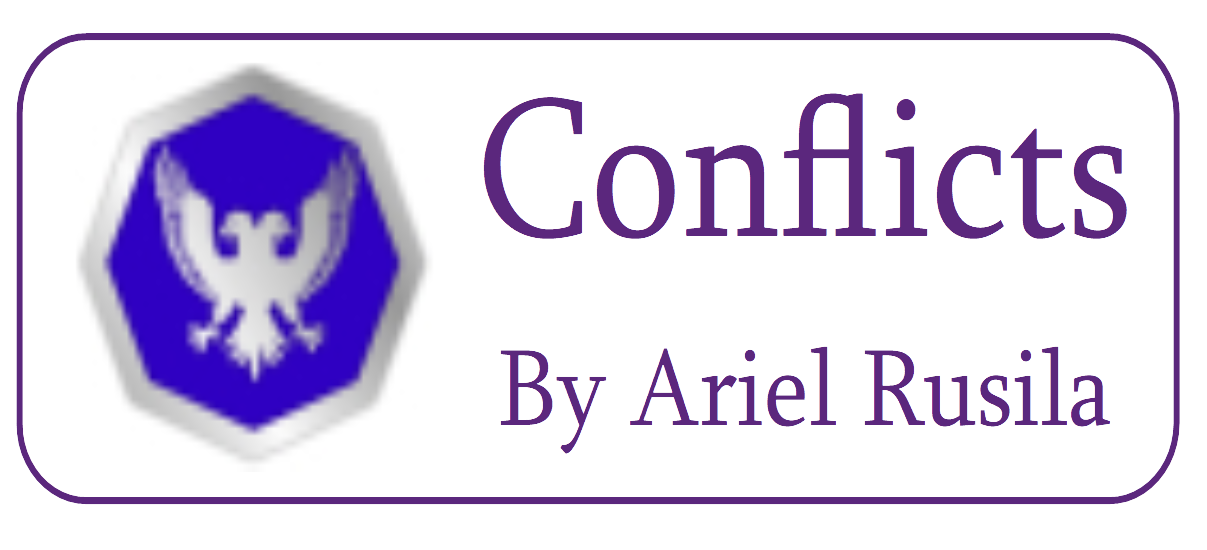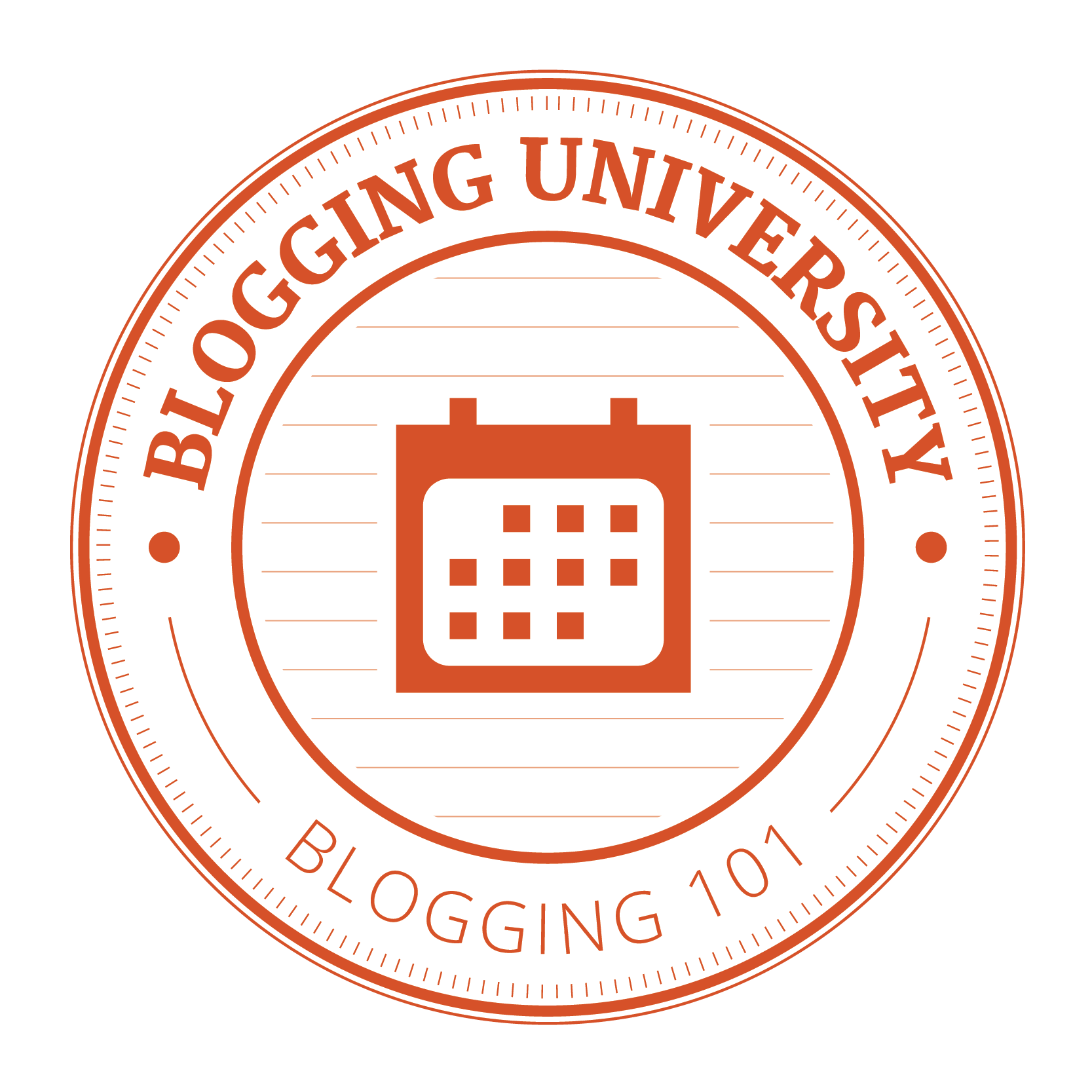I’m happy to reprint an article Kosovo 15 years later, a personal memory and a word about free research by Jan Oberg, director of TFF (Transnational Foundation for Peace and Future Research). Dr Oberg served since 1991 four years as mediator between parties in Kosovo and also was in Serbia during Nato-bombing. His analysis in my opinion gives a good view not only Kosovo but also some events today. Jan is also the founding member in TFF which was established on January 1, 1986. Its mission is following:
“TFF is an independent think tank, a global network that aims to bring about peace by peaceful means. It inspires a passion for peace from the grassroots to the corridors of power.
TFF is an all-volunteer global network. It promotes conflict-mitigation and reconciliation in general, as well as in a more targeted way in a selected number of conflict regions – through meticulous on-the-ground research, active listening, education and advocacy.
The Foundation is committed to doing diagnosis and prognosis as well as proposing solutions. It does so in a clear, pro-peace manner.”
More in TFF home page
Kosovo 15 years later, a personal memory and a word about free research by Jan Oberg TFF director
Lund, Sweden March 24, 2014
Media with a pro-Western bias usually remind us of 9/11 based on a victim narrative. We just passed 3/20 – the 11th Anniversay of the war on Iraq. Every year they forget 10/7 (Afghanistan) and 3/24, the destruction of Serbia-Kosovo in 1999.
What to do when NATO’s raison d’etre – the Warsaw Pact – had dissolved? Answer: Turn NATO into a humanitarian bombing organisation which in – fake – Gandhian style could say: We are bombing for a higher ethical humanitarian purpose to save lives and on this exceptionalist moral high ground we ignore international law.
Kosovo 15 years later
Kosovo remains a unique result of propaganda and mass killings to produce and independent state without a UN Security Council mandate – which doesn’t prevent Western politicians from teaching Russia international law these very days.
If Kosovo, why not Tibet, Taiwan, the Basque country, Korsica, Kurdistan, Palestine, or Crimea? The answer is: Kosovo was exceptional. But why? Oil and gas, perhaps, see later…
Kosovo of 2014 is a failed state with quite a few of the – unconvicted – war criminals of the 1990s still in power. (They were leaders of UCK/KLA army that was set up by CIA and its German brother BND behind the back of Dr. Ibrahim Rugova, the Kosovo-Albanian leader and advocate of pragmatic non-violence).
The international so-called community (read: a handful of NATO countries) have ever since violated UN SC Resolution 1244 that stated that the Federal Republic of Yugoslavia, FRY, was a sovereign state with territorial integrity.
The US got what was the real pupose of it all, the gigantic Bondsteel base in Kosovo, the largest built outside th U.S. since the Vietnam war – to secure the numerous gas and oil pipelines from Central Asia to the Vlore harbour in Albania. Did you ever hear about Bondsteel?
Till today, only 56% of the UN member states have recognised Kosovo as independent (declared in 2008). Reverse ethnic cleansing of the Serb minority in Kosovo took place right after NATO’s bombing – “we must understand the anger there” as some expressed it.
Serbs were some 20% of Kosovo’s people in the 1960s, today a few percent. This and the Kraina ethnic cleansing against the Croatian Serbs were the proportionately largest ethnic cleansing campaigns in the 1990s.
Insecurity, hatred and a miserable economy still characterise Kosovo after 15 years of all kinds of international missions in the place. Something very deep must be wrong.
Whether it was a good idea to make Kosovo an independent (failed) state or not can be discussed. Belgrade’s repression was unacceptable, for sure, but there was no genocide. However, what can not be discussed is that NATO’s bombing wasn’t the right means with which to help create a solution.
If the West/US/NATO doesn’t learn from Yugoslavia, such immoral, illegal and ill-conceived projects will continue in various forms.
A personal memory
The people I met during the bombings in Belgrade and Novi Sad during the merciless destruction of the Federal Republic of Yugoslavia did not see NATO’s war during 78 days as a humanitarian operation. Neither could I.
I remember standing on the 5th floor of the Moskva Hotel in the heart of Belgrade, see NATO’s fireworks during the night – its relentless pounding of the Batanica Airbase 10 kilometres outside Belgrade. I shall never be able to forget how I felt the blast up through my body. I would like to believe that if the decision-makers behind this war had been in that room and seen the destruction by daytime, they would have stopped the campaign.
Geographical distance and psychic numbing are two of the most nasty war-promoters.
One morning Belgrade woke up to the destruction of various ministry buildings in the centre. A maternity clinic had taken a hit too. That was the first time the Swedish government uttered anything but full support; then Minister of Foreign Affairs, Anna Lindh, said on radio that perhaps such big bombs should not be used in city centres.
My wife called me that morning and told me that Lindh had finally said that much. I said, I know why – because I was to have a meeting with the Swedish Ambassador that morning but he had just called me to tell that we had to postpone it because the blast had blown in some windows and the main door of his villa (10 kilometres away).
That was Madame Lindh’s moment of truth. Logically, the foundation in her name last year awarded Madeleine Albright the Anna Lindh Prize.
TFF’s mediation in Kosovo had a price
TFF has been engaged in Yugoslavia since 1991 and still follow developments closely. It was the only organisation that did mediation for years with three governments in Belgrade and the non-violent political ladership in the Kosovo province under Dr. Ibrahim Rugova. I personally served for 4 years as unpaid goodwill mediator between the two.
TFF produced a proposal for a 3-year negotiation process under the leadership of the UN – the only document published widely in the media in both Belgrade and Kosovo.
Naturally, TFF’s conflict-mitigation experts went out in the media against the idea of bombing because we knew that the parties were interested in a negotiated solution. And we managed quite well to influence opinion.
But neither countries like Sweden or NATO were the slightest interested in real negotiations – Ramboulliet which, among other things, sought to force Serbia to accept NATO troops throughout Yugoslavia was a stage-set pretext for bombing by, among others, Madeleine Albright, no negotiations taking place there.
The Swedish government at no point showed any interest in TFF’s work all over Yugslavia. But they must have known about it – because in December 1999 we received a letter from the Ministry of Foreign Affairs expressing due regret that the annual organisational support we had received over 9 years (about US$ 60.000) would not be paid in the future.
Having worked for all these years with conflict analysis and peace-making in all parts of Yugslavia was too much for a Sweden that, after Olof Palme, had turned itself into an obedient follower of US/NATO, stopped being neutral and having an independent foreign policy, let alone a peace and disarmament policy.
Thus, TFF is the only organisation of its kind that has been thrown out of the Swedish government’s budget. We are proud of having survived as people-financed ever since.
Researchers who are dependent on governments for their salary and projects usually believe that they conduct free research. But there is no government money in the field of security and peace without strings attached.
That explains the political correctness, predictability and boredom embedded in most government-financed research works in the field and why genuine peace is seldom promoted in them.
Post Script by Ari Rusila:
I have also dealt issues mentioned article above. My on the ground experience comes from my capacity building work in Kosovo just after bombing and following situation then afterwards. Here is some of my own articles about topic:




 Posted by Ariel Rusila
Posted by Ariel Rusila 









